The Move Forward Party could bring a breath of fresh air to Thai politics, opening up opportunities for the country to step out of the vortex of turmoil, according to experts.
Pita Limjaroenrat, leader of the Move Forward Party, announced on May 18 that he had formed an eight-party coalition to push ahead with plans to form a new government and become Thailand's next prime minister, pledging to end the military's influence in the country's politics for many years.
In addition to the two leading parties after the recent general election, Move Forward and Pheu Thai, Mr. Pita's coalition is expected to have six smaller parties, including Prachachart, Thai Sang Thai, Seri Ruam Thai, Fair, Palang Sangkhom Mai and Pheu Thai Ruam Phalang. According to experts, this is the beginning of the negotiation process between the parties to move towards the scenario of forming a coalition with a majority in the National Assembly and forming a new government.
"Although each side has its own stance and the negotiation process is not easy, Thai political parties are facing a great opportunity to find solutions to some key issues that have long divided society," political scientist Dr. Andrew Wells-Dang, senior expert on Southeast Asia at the US Institute of Peace , told VnExpress .
The eight-party coalition will give Mr. Pita a total of 313 votes in the joint session of the two houses to elect a new prime minister in July, with the participation of 500 elected members of the lower house and 250 senators appointed by the military. The new Thai prime minister must have at least 376 votes in both houses, meaning Mr. Pita needs to convince at least 63 more lawmakers to vote for him.
In theory, the Move Forward party would need to find more support from the pro-military group of senators in the Senate and be willing to put aside the goal of reforming the lese majeste law, which was one of the core contents of their election campaign.
The lese majeste law is considered one of the most controversial issues in Thailand ahead of the election. Article 112 of the Thai Penal Code stipulates a prison term of 3-15 years for the crime of lèse majeste, which is defined as "defaming, insulting or threatening the king, queen, crown prince or crown princess".
According to experts, early signs show that Mr. Pita’s coalition and the military have a chance to find common ground to avoid a deadlock on the day of the prime minister’s election. Sources familiar with the matter revealed that the proposed reform of the lese majeste law, which is strongly opposed by the military, was excluded from the agreement of the eight-party governing coalition led by Move Forward.
Expert Wells-Dang said that after taking power in a coup in 2014, the Thai military built the 2017 constitution to ensure it could maintain its influence even if it no longer received majority support in the general election.
"The military will probably choose to abide by the election results this time and negotiate a power-sharing deal with the new government, but still implicitly warns of direct intervention in the future if necessary," he predicted.
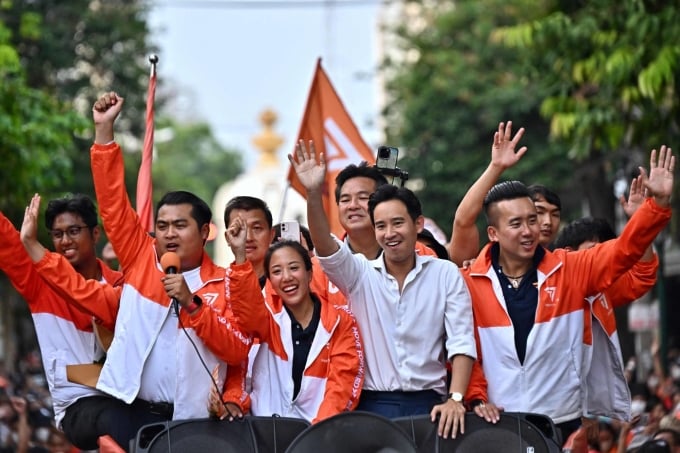
Move Forward leader Pita Limjaroenrat (in white) leads the victory parade on May 15 in front of Bangkok City Hall. Photo: AFP
Power-sharing compromises are already taking shape. The leader of Move Forward said last week that eight parties in his coalition had agreed to set up working groups to prepare for the transition from the military-backed government of nearly a decade to a new form of government.
Although Mr. Pita affirmed that the parties have not yet entered the negotiation stage of dividing the cabinet seats, the Thai Inquirer newspaper revealed over the weekend that Move Forward has reached an agreement to take control of four agencies that need priority reform, including the Ministry of Defense, the Ministry of Interior, the Ministry of Finance, and the Ministry of Education. Meanwhile, the Pheu Thai Party will control the policy-making agencies in five key areas: energy, trade, transport, industry, and agriculture.
Hunter Marston, a Southeast Asia expert at the Coral Bell School of Pacific Affairs at the Australian National University (ANU), assessed that the rise of the Move Forward Party and the governing coalition model could prevent the scenario of political instability from recurring in Thailand in the near future.
The Thai military carried out a coup to overthrow the government of Prime Minister Thaksin Shinawatra in 2006. In 2014, the then Thai army commander, General Prayuth Chan-ocha, also led a further coup to overthrow Mr. Thaksin's sister, Ms. Yingluck Shinawatra.
Thailand then witnessed many protests against the coup and political reform, leading to many upheavals and instability in the country.
Marston noted that the key difference in this general election was that the Pheu Thai Party did not win an overwhelming victory. This has blurred the conflicts between the yellow shirts and the red shirts, between rural and urban areas, and between the military and the Shinawatra clan that have repeatedly pushed Thailand into a state of instability over the past two decades.
"Move Forward is a breath of fresh air in Thai politics, bringing in a leader who does not represent any of the two previous factions. The ruling coalition could be more successful and stable if they find a way to share power properly and intervention from the military is no longer necessary," Marston commented.
The key to determining the future of Thai politics will be the cooperation between Move Forward, Pheu Thai and the military in planning the political transition, according to Marston. The winning coalition needs to convince the military that the transition to a new government will not threaten the military or the Thai monarchy.
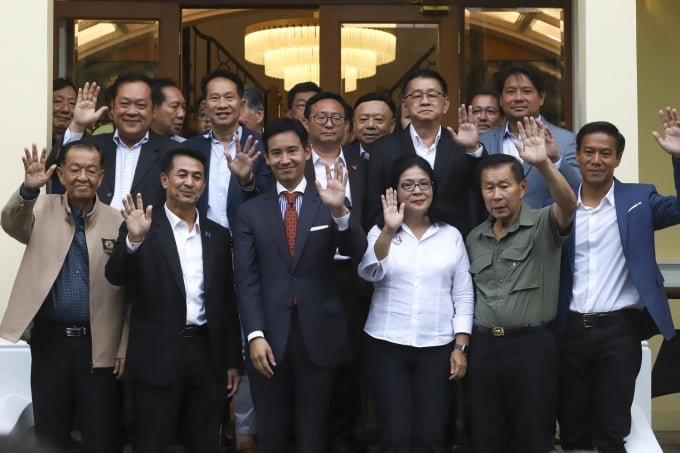
Leaders of eight Thai parties met in Bangkok on May 17 to discuss forming a ruling coalition. Photo: Bangkok Post
Mr. Pita has been more cautious in his messages to the Senate, the military, and his allies. Efforts to reform the lese majeste law are no longer seen as a top priority, and he is willing to accept that the issue will be discussed later in parliament.
Move Forward now stops short of calling for a complete repeal of the lese majeste law, but instead wants to clarify that the law should only be applied when the Thai royal family makes a complaint, to avoid abuse.
Pita's party has also changed its stance on the Senate, from saying it did not need 250 senatorial votes to calling for negotiations. Move Forward Secretary General Chaithawat Tulathon said last week that he was ready to talk to senators to address concerns, hoping they would respect the will of voters and avoid a deadlock in Thai politics.
Marston agrees that the military may be willing to negotiate and retreat, unlike what happened after the 2019 election, when Pheu Thai won the most votes in the general election but failed to form a government. Prime Minister Prayuth’s pro-military party then continued to hold power.
Thanathorn Juangroongruangkit, leader of the Future Forward Party, the predecessor of the Move Forward Party, got into legal trouble with the Election Commission (EC) that year. The Constitutional Court of Thailand suspended Thanathorn as an MP before the prime minister's election, then ruled to dissolve Future Forward early the following year for alleged election violations.
Following this year's election, the EU is also considering a complaint against Mr Pita, alleging he owned 42,000 shares in media company iTV but failed to report this to the National Anti-Corruption Commission before taking office as an MP in 2019.
But observers say that even if the EC tries to prevent Mr. Pita from being elected prime minister this time, the Move Forward and Pheu Thai parties will still be able to protect their majority in the House of Representatives, meaning they control the government's budget.
Marston predicts that the military is sober enough to realize that, with the huge support that the people have for reformist parties, they will cause political chaos if they let the 2019 scenario repeat itself or intervene more strongly in politics. Thailand needs a stable environment for economic recovery, which will directly affect the defense budget.
"The price to pay if they intervene or do not accept the election results is too high. The military's withdrawal from politics will generally increase the stability of the Thai political environment. This prospect can convince the neutral part of the military leadership," expert Marston commented on Thailand's future after the election.
Name
Source link


![[Photo] Prime Minister Pham Minh Chinh chairs a meeting of the Government Standing Committee to remove obstacles for projects.](https://vphoto.vietnam.vn/thumb/1200x675/vietnam/resource/IMAGE/2025/10/06/1759768638313_dsc-9023-jpg.webp)


![[Photo] Prime Minister Pham Minh Chinh chaired a meeting of the Steering Committee on the arrangement of public service units under ministries, branches and localities.](https://vphoto.vietnam.vn/thumb/1200x675/vietnam/resource/IMAGE/2025/10/06/1759767137532_dsc-8743-jpg.webp)






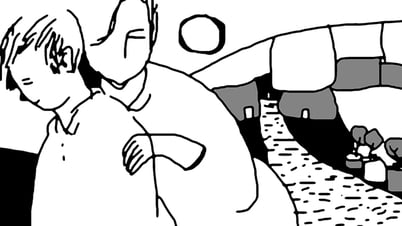
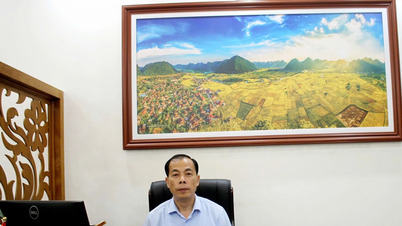







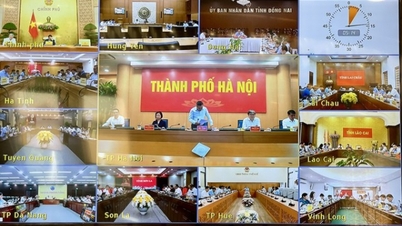
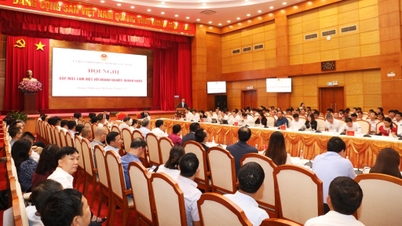
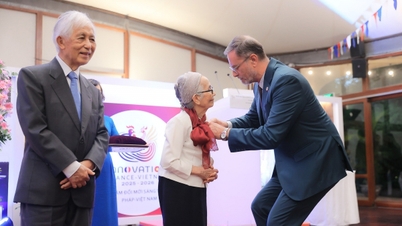
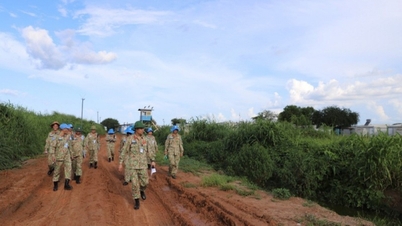























































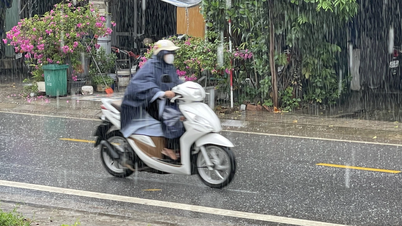

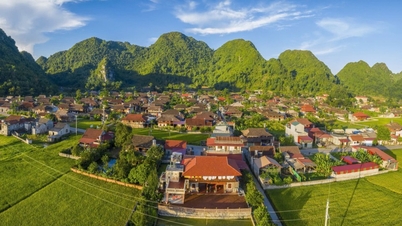

















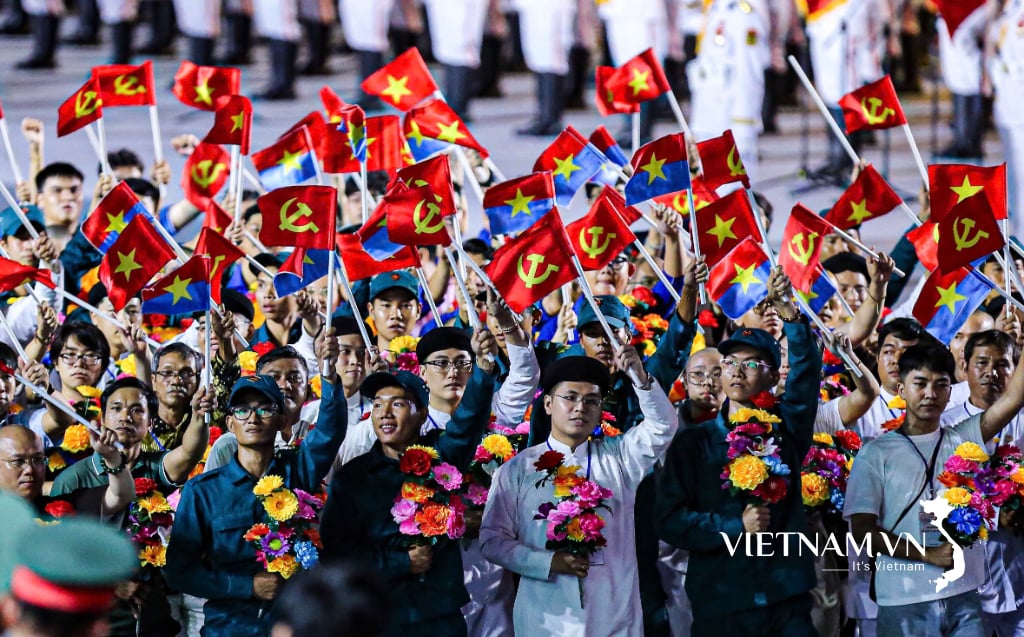

Comment (0)